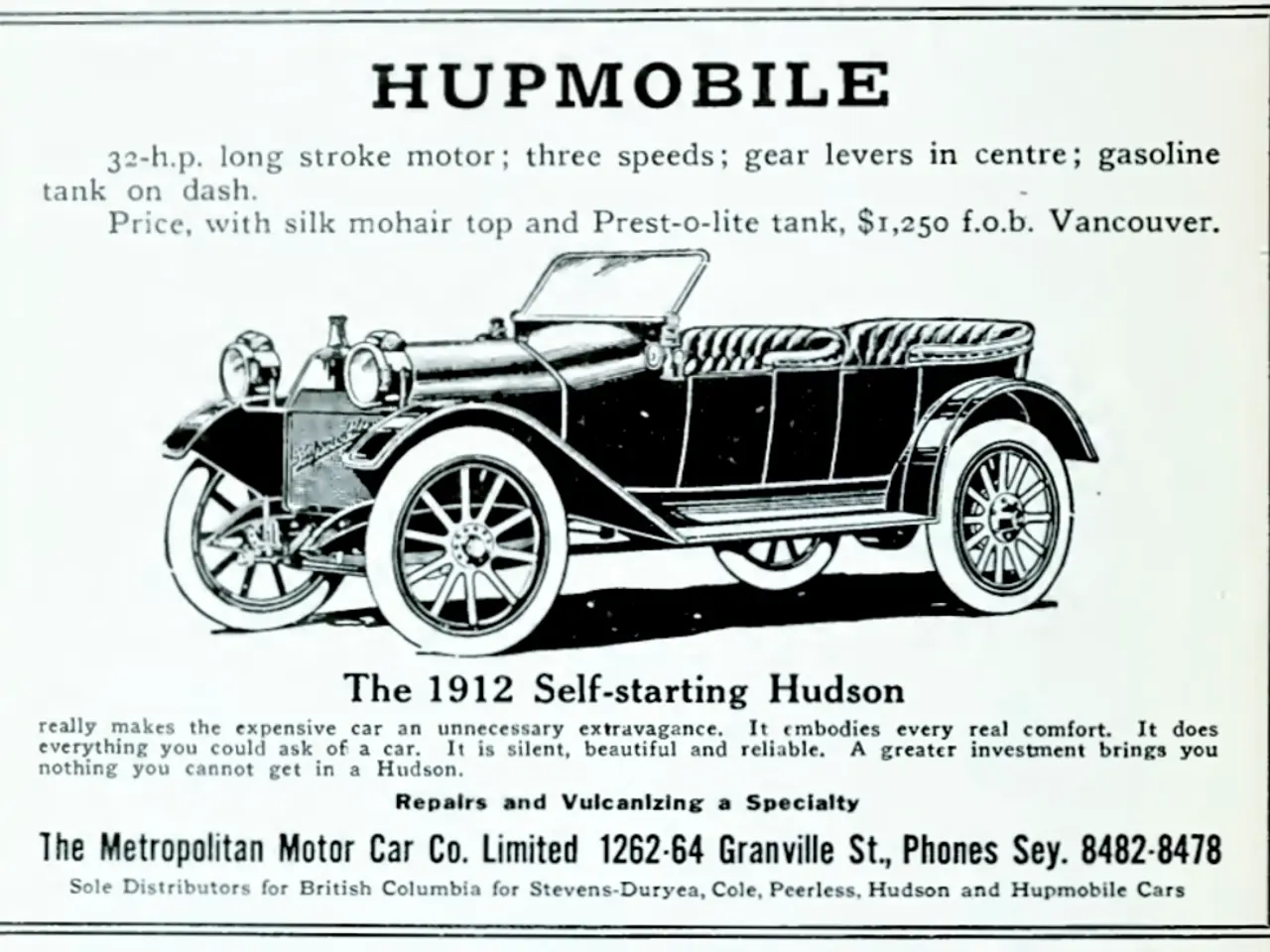Expensive E-Carm Charging Unveiled by ADAC - Motorists Bear Exorbitant Costs at Charging Stations
In the rapidly growing electric vehicle (EV) market, the issue of charging prices has come to the forefront. As it stands, ad-hoc EV charging prices in Germany are significantly higher than contract-based tariffs due to various factors, including convenience and cost recovery.
The Automobile Club of Germany (ADAC) has been advocating for a more transparent and fair EV charging market, calling for a market transparency office similar to the price monitoring for fuels. This office would provide clarity on charging prices, making ad-hoc charging clear, comparable, and non-discriminatory.
According to ADAC surveys, an overwhelming 96% of drivers want a price display like at gas stations. However, real-time price information for EV charging is often not available at charging stations or as a digital overview.
The German government has been taking steps to address this issue. Regulations have been put in place to ensure transparency and fairness in EV charging, with a focus on grid stability, fair cost allocation, and consumer protection.
Key points include the disclosure of pricing elements to avoid hidden fees and to help consumers compare ad-hoc and contract tariffs easily. Additionally, Germany has introduced optional time-variable grid fees designed to encourage energy consumption when grid demand is low, supporting efficient grid utilization and potentially lowering costs for flexible users.
Moreover, grid operators and EV charging providers must disclose pricing elements clearly, and grid operators can temporarily dim controllable devices (like EV chargers) in emergencies, adding a layer of grid management that may influence tariffs and service quality.
However, it's important to note that there is no direct European-wide fixed tariff regulation. Nevertheless, these national measures promote transparency and grid fairness.
There are some companies, such as Allego, Circle K, EAM, and Fastned, that do not charge extra for ad-hoc charging, providing a model of fairness in the industry.
In conclusion, the high cost of ad-hoc EV charging is due to convenience and cost recovery factors. Germany's regulations aim for fair and transparent pricing by mandating disclosure, enabling dynamic tariffs, and encouraging grid-friendly consumption to ultimately make EV charging more equitable and efficient. The establishment of a market transparency office could further promote these goals and provide a more level playing field for all EV users.
A consumer may find value in an Automobile Club of Germany (ADAC) proposal for a market transparency office, as it would offer clear, comparable, and non-discriminatory EV charging prices, including ad-hoc options. Many consumers express a desire for price transparency similar to what they find at gas stations, yet real-time price information for EV charging is often lacking.







